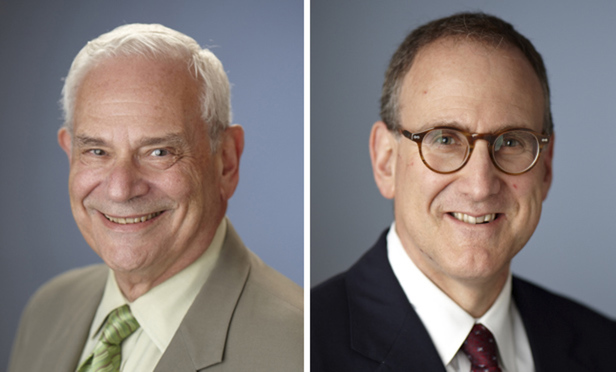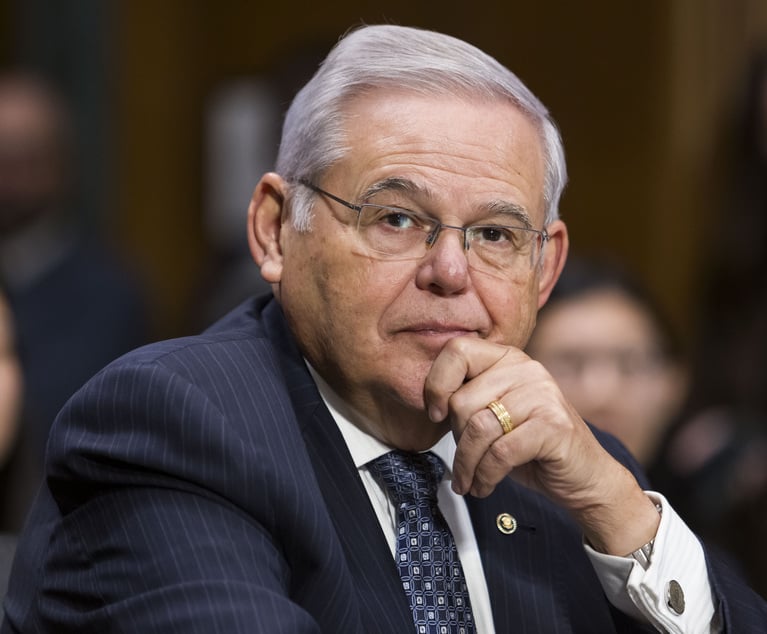As defense counsel we sometimes encounter inappropriate conduct by the government. Misconduct can occur in different phases of a case—during an investigation, in post-indictment discovery (including Brady material disclosure), and at trial. The remedy for perceived misconduct is usually narrow in scope, such as adjournment to allow more time to review late discovery, or, in more serious instances, preclusion of evidence. After a conviction, a defendant can sometimes secure a new trial. Federal law strongly disfavors the most severe remedy—dismissal of charges—on the premise that in all but the most exceptional cases defendants should not benefit from the misbehavior of prosecutors and law enforcement agencies.
But what should the remedy be when government officials engage in misconduct in the grand jury and potentially cause charges to be filed that might not otherwise have been brought? This issue was recently explored in depth in the prosecution for insider trading of well-known sports gambler, Billy Walters. Walters argued that improper leaks of information to the press led to his indictment and warranted dismissal of criminal charges notwithstanding his later conviction at trial. After condemning the misconduct, the Second Circuit rejected dismissal as the appropriate remedy and affirmed the conviction. United States v. Walters, 910 F.3d 11 (2d Cir. 2018).


 Elkan Abramowitz and Jonathan Sack
Elkan Abramowitz and Jonathan Sack




